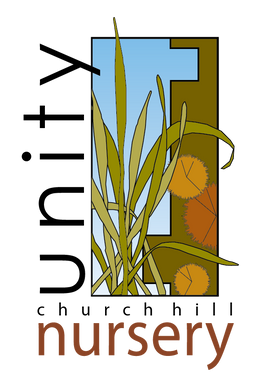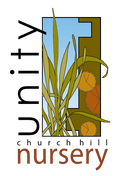Symphoricarpos x Doorenbosii 'Kolmcan' First Editions® Candy™ (Coralberry)
- Low stock - 2 items left
- Inventory on the way
Pickup available, usually ready in 2-4 days
3621 Church Hill Road
Church Hill MD 21623
United States
4105566010
Symphoricarpos x Doorenbosii 'Kolmcan' First Editions® Candy™ (what a mouthful!), commonly and more simply known as Candy™ coralberry, is a small, showy hybrid of coralberry, a rounded shrub found across a variety of locations in North America. Bred by (and named for) Dutch horticulturalist G.A Doorenbos, Candy™ coralberry is a cross of several North American species of coralberry including pink snowberry, Indian currant, and common snowberry to name a few. Growing to only about 2-2.5' tall and slightly wider, Candy™ coralberry is known and well regarded for its gorgeous and playful summer and fall berries. In the spring, coralberry produces a profusion of greenish-white, relatively eye-catching flowers in small clusters along the stem; though blooms are showy, this cultivar's berries are almost beyond compare. After flowers are pollinated, soft candy-pink berries begin to form along the branches in great numbers, and hold this soft, cotton-candy-pink color for the whole summer and into the fall and winter.
With parent species found in a variety of climates and ecosystem types across the US, Candy™ coralberry can succeed in almost any location in the garden, but prefers full sun or part-shade conditions and average, medium-to dry soils. Compact and less prone to wild suckering than other cultivars, Candy™ coralberry is an excellent choice for low hedges or borders or in part-shade beds, where their structure provides shelter to a variety of birds and other wildlife, and it can show its full ornamental appeal as well as its full ecological appeal to pollinators, birds, and small mammals.





